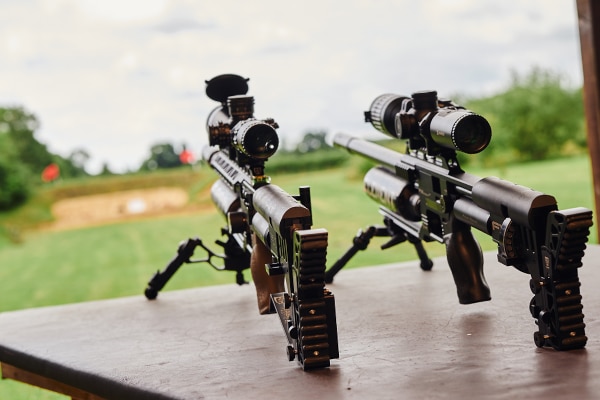
The best of both worlds?
FAC-rated air rifles offer versatility in a wide range of shooting situations, but UK shooters have been slow to catch on.
Get information on the legal shooting season for mammals and birds in the UK.
Apply for funding for your project or make a donation today
Comprehensive information and advice from our specialist firearms team.
Everything you need to know about shotgun, rifle and airgun ammunition.
Find our up-to-date information, advice and links to government resources.
Everything you need to know on firearms law and licensing.
All the latest news and advice on general licences and how they affect you.
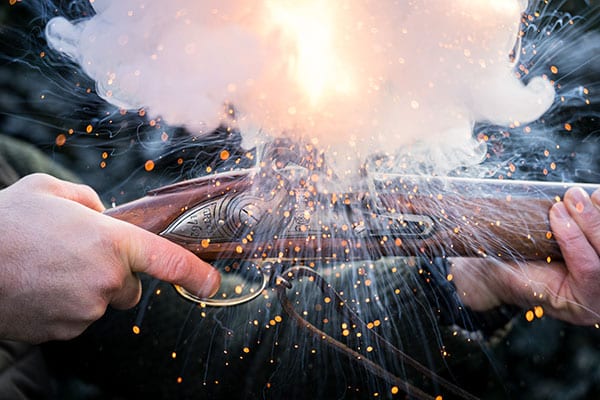

As chairman of the Robin Hood Rifles (RHR) – the Nottinghamshire branch of the Muzzle Loaders Association of Great Britain (MLAGB) – I see a growing resurgence of interest in target shooting with historical arms.
I believe this stems from two things. Firstly, an interest in the historical context of iconic arms. All sorts of muzzle-loading pistols and varying types of military and civilian guns are popular, both rifled and smoothbore. Examples include the Brown Bess musket of Waterloo fame, the Pattern 1853 Enfield (as used in the Crimean War, Indian Mutiny and American Civil War), the Martini-Henry of the Zulu War and the Short Magazine Lee Enfield (SMLE) in use during both world wars.
Secondly, historical arms shooting is hugely enjoyable but can also be as challenging as you want it to be. There are lots of club, regional and national matches and, for those who are particularly competitive, international championships as well. You don’t have to be a crack Shot, or keen on matches, as plenty of historical shooters are happy to ‘potter about’ on their local range.
Shooters include a great mix of ages, backgrounds and abilities, from the very serious precision shooter using a .451 target rifle of the 1860s at 1,000 yards, to a casual shooter with a .31 pocket revolver at ten yards. Both share a real interest in shooting and the historical context of the different types of firearm they are using.
The Trafalgar, organised each year by the National Rifle Association at Bisley, involves a weekend in October with over 200 matches for a huge range of historical arms – both military and sporting – including muskets, rifles and pistols, reflecting the period 1700 to 1960. Primarily, competitions are for flintlocks, percussion muzzle-loading arms, black powder breech loaders and rifles of World War I and World War II vintage. Ranges vary from ten yards to 900 yards depending on the type of firearm.
This hugely popular and very well-organised event is as much a social gathering as an opportunity for shooters of all levels of ability to see how they fare in open competition. There are prizes, medals and certificates to be won and the Trafalgar Dinner, open to all competitors, is a great event which attracts a wide range of characters.
To raise awareness of historical shooting, the Robin Hood Rifles has been running black powder experience days for shooters of modern centrefire and rimfire rifles who want to take a peek into the world of muzzle loaders and early cartridge arms. These have proved very popular and comprise a mix of presentations by well-known experts in their field and an opportunity to try out a selection of arms at a formal guest day afternoon. We are looking at running these in the future at the MLAGB central range complex near Warwick.
Those who wish to take up the shooting of historical arms are well catered for in terms of the training on offer, whether this be at local clubs, or on a national level, as run by the MLAGB, the national governing body for muzzle-loading within the UK. There are a variety of courses covering such matters as basic handling, shooting drills and safety issues, extending to range conducting officer (RCO) courses for those wishing to run muzzle-loading shoots.
Michael Hunting is chairman of the Robin Hood Rifles.
Get in touch with a local club which is either devoted to black powder shooting, or which has a black powder section. Ideally, ask to attend a guest day if you know someone who is already a member or, if not, go to the MLAGB website (mlagb.com) where the ‘Information’ page will lead you to our ‘Contact’ page. You will find members to be highly enthusiastic and most welcoming.
A firearms certificate (or, where appropriate, shotgun certificate) is mandatory but, before doing anything, it’s vital you take proper advice to ensure you keep within the law. I’d highly recommend speaking to a member of the BASC firearms team if you have any specific questions.
It’s the connection to history which fascinates me. My principal rifle is an original Pattern 1858 Enfield muzzle-loading rifle made in 1859, only a year after Brunel’s Great Eastern ship was launched. I shoot it at ranges from 50 to 500 yards and every time I pull the trigger I reflect on those characters who have shot this iconic rifle over the past 163 years. The fact that it’s capable of bulls at 500 yards is a testimony as to how well these arms were designed and manufactured.
Aside from actual trigger time, I very much enjoy the camaraderie of fellow black powder shooters and the inevitable banter on range days. I find shooters of historical arms to be a very sociable bunch, always keen to help each other out and have fun. It’s a great way to make friends.
I think a .577 Enfield muzzle-loading service rifle of the type used from 1854 to circa 1870, is a good starting point, as these are easy to find at a reasonable price and give one the opportunity to take part in a wide range of competitions at local club up to international level.
Original Enfields in good condition are around £1,200, while a good secondhand reproduction Parker-Hale rifle from the 1970s will be circa £450. You can buy lead bullets but by far the most economic and satisfying course is to cast your own, for which you will need a melting pot and bullet mould. These and other miscellaneous items can often be purchased secondhand for a modest outlay. Lead for the bullets comes from your local scrap metal merchant. Percussion caps are also needed for these arms.
I shoot an 11.15mm Mauser 71/84 bolt-action rifle, made at the Spandau works in 1888. It was the first breech-loading magazine service rifle to enter service in the Prussian Army and is renowned for the excellent way it was manufactured. I’m not at all technically minded but I’ve been helped by those who are knowledgeable about such matters as to how best to hand-load a round which is consistently accurate. Getting the right design of bullet/weight and correct mould is essential, as is the amount and type of black powder.
Getting expert advice and practical help is vital if you’re to enjoy success with any historical arm; fortunately, this help is often near at hand.
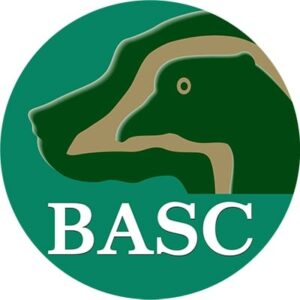

FAC-rated air rifles offer versatility in a wide range of shooting situations, but UK shooters have been slow to catch on.
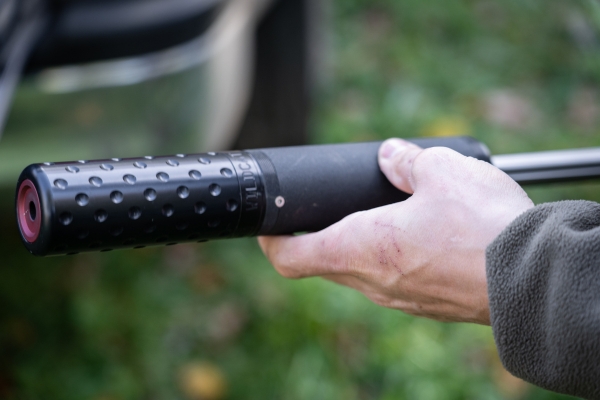
We answer some of your questions on the changes to the law around sound moderators.
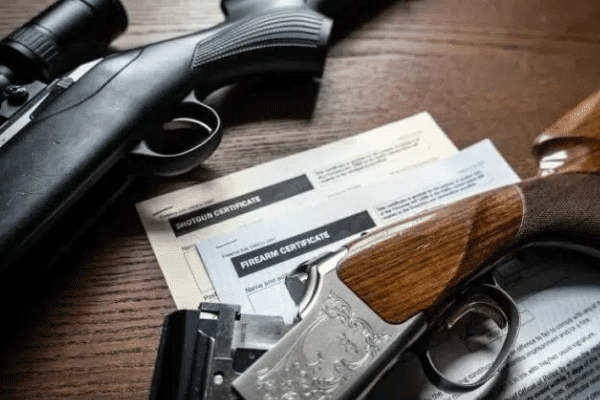
They currently have a backlog of firearms licence applications that is sitting at roughly 3,000 applications and rising.